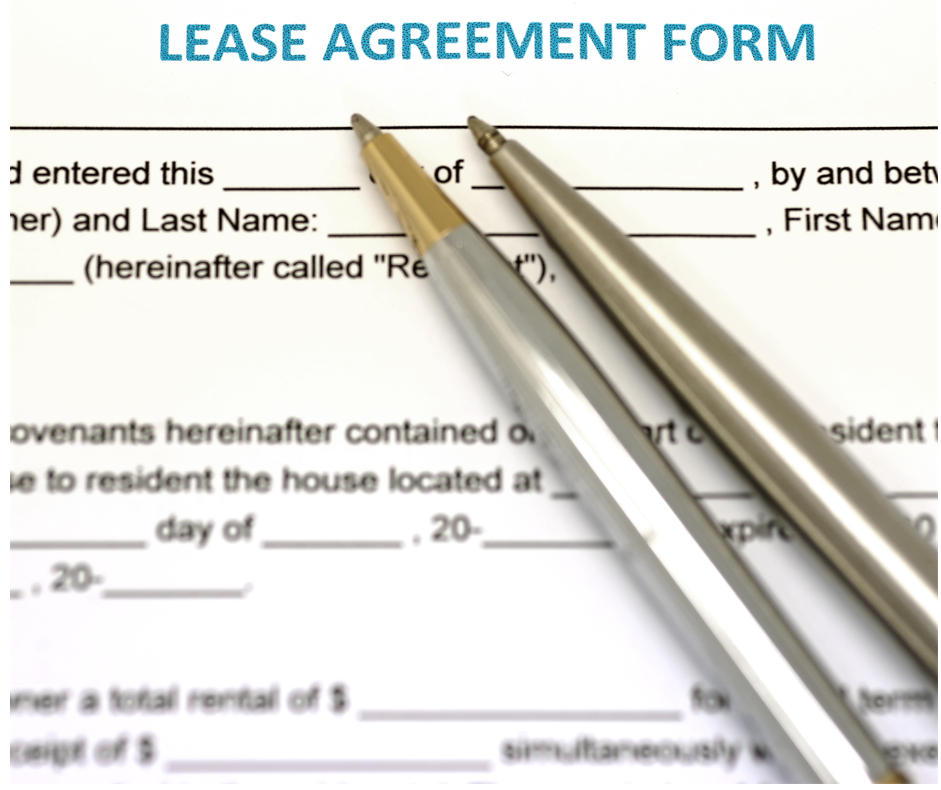
by John McCarthy Consulting Ltd. | Nov 29, 2021 | Blog, News
Who says accountancy is boring? I am no PSG or Barcelona fan, but you must admit, that even at age 34, Messi is probably one of the best players in the world today. My pub quiz question for you – is a football player like Messi an accounting asset or not?
The accounting profession has long debated the question – what is an ‘asset’?
FRS 102.2.27 states that an item is an ‘asset’ if:
- it is probable that any future economic benefit associated with the item will flow to or from the entity; and
- the item has a cost or value that can be measured reliably.
This was a much easier question to answer, in the manufacturing/industrial revolution when an asset was more often a tangible asset that was certain to generate future cash flows that could reliably be measured.
However, we now live in the era of ‘knowledge resources’, be that professional knowledge (in the knowledge economy) or personal skill and talent which is the focus of this blog i.e. ‘soccer intelligence’ – the skill to know how to make the best use of a football. This is the era of ‘intangible’ assets’. More on this debate and soccer related finance is contained in the latest Deloitte Football Money League Report 2021.
Based on the above principles, FRS 102.18.4 states that an intangible asset shall be recognised by an entity if, and only if:
- it is probable that the expected future economic benefits that are attributable to the asset will flow to the entity; and
- the cost or value of the asset can be measured reliably.
After 21 years with Barcelona, in August 2021, Messi signed a two-year contract with PSG. Messi cost PSG nothing, as it was a free transfer.
Unfortunately for Barcelona, using the same intangible asset standards in IFRS, used by most European clubs, (FRS 102 has similar rules), the club was never allowed to show Messi as an intangible asset on their balance sheet, as he joined them as a 13-year-old with no established cost. The fact that he generated much subsequent revenue for them could never justify him being on their balance sheet under IFRS/FRS 102 principles.
Meanwhile PSG are permitted to exploit the intangible asset measurement rules to place Messi on balance sheet by measuring the expected future economic benefits that will flow to PSG. The next financial statements for PSG for the year ended 30 June 2022 will make interesting reading. Meantime according to the Football Benchmark Report 2021 the KPMG estimate of Messi’s current value is €180 million.
The same happened in 1992 when David Beckham, then aged 17, was recruited by Manchester United and no one could estimate his future ‘value’. Developing superstar status quickly, Manchester United could not recognize his value in the club’s balance sheet and thus could not report this value to the Stock Exchange. Once he moved to LA Galaxy in 2007 (then aged 32) he was recognised in the Los Angeles’ club’s financials at the amount paid to acquire him – a staggering $250 million.
For more on football player valuations see the KPMG Football Benchmark Report 2021 and the Deloitte Annual Review of Football Finance 2021.
For our latest Audit Quality Control Manual (October 2021) (implementing the latest Irish Audit & Accounting Supervisory Authority standards including ISQC1 on audit quality control) click here. View the Table of Contents here.
We also have an up to date Anti-Money Laundering Procedures Manual (September 2021) – View the Table of Contents click here.

by John McCarthy Consulting Ltd. | Oct 22, 2021 | Blog, News
What’s the difference in treatment of investment property between FRS 105 and FRS 102?
Too many accountants rely on the computer software to produce the correct result, which can go badly wrong. You can’t beat reading the standards themselves. In this case, the March 2018 version (as amended) of FRS 105 and more particularly Section 12 of FRS 105 which deals with Property, plant and equipment and Investment Property.
Investment property assets are normally carried at revaluation under Irish GAAP i.e. FRS 102, but it’s dangerous to assume that FRS 105 allows the same treatment. For the purposes of this blog, I am ignoring the FRS 102 options for investment property, which allow for cost/fair value models, in certain circumstances. Instead I want to focus on the fact that FRS 105 removes most FRS 102 options.
Where the company owning the property is a ‘micro-entity’ (as defined in the Companies Act, 2014 with turnover €700k, gross assets €350k, and less than 10 employees), it is not allowed apply the alternative accounting rules/fair value accounting rules under FRS 105, because the Companies Act, 2014 does not permit the use of these options.
Therefore, investment property must be carried at cost under FRS 105.12.3 and the knock-on effect of this is that the investment property must also be depreciated under FRS 105.12.15 because that is a requirement of the cost model.
The bottom line is that if you have ‘small’ (as defined in the Companies Act, 2014) company clients who wish to report investment property assets at revaluation or at fair value, then they must adopt FRS 102 Section 1A (as amended) or else the full version of FRS 102 (March 2018) (as amended).
For more blogs please visit this link and for our publications and manuals and services click here.

by John McCarthy Consulting Ltd. | Sep 13, 2021 | Blog, News
In response to the continuing impact of Covid 19 the Financial Reporting Council (FRC) has extended the accounting requirements for special conditions for reporting rent and lease concessions/reductions under FRS 102 and 105 well into next year. The change will enable businesses to present a clearer picture of their performance in year-end accounts.
Many entities have struggled to pay rent and meet lease payment commitments for their rental properties. This has led to negotiations between tenants and landlords in the form of rent concessions (deductions in rent or waivers) or rent deferrals (an agreement to pay rent or lease payments until a later date).
According to the FRC, the prolonged duration of the pandemic has made it necessary to extend the existing reporting time for a further 12 months to 30 June 2022 to help ensure consistency and accuracy in financial reporting and in such a way that best reflects their substance. The disclosure of the reality of rent concessions for businesses, will achieve a true and fair presentation by recognising the reduction in full for the period concerned.
The concession means that if a business doesn’t have to pay rent for a given month, no expense will be recognised for that month. Prior to the advent of Covid-19, a rent reduction would have been recognised over the life of the lease.
The main conditions of the proposals contained in FRED 78 are:
- Entities must recognise changes that reduce lease payments in the period to 30 June 2022, and meet the other specified conditions, on a systematic basis over the periods that the change is intended to compensate, rather than spreading the impact of the change, over future lease periods.
- The amendments are effective for accounting periods beginning on or after 1 January 2021, with earlier application permitted.
The net impact will be that if the business doesn’t have to pay rent for a given month, no expense will be recognised for that month thus allowing companies to report a more accurate picture of their cash management, performance, and rent-related support measures, reflecting the businesses’ economic reality.
There are rumours that the FRC may seek to extend the reporting period again, at least until the end of the pandemic, especially if there are further lockdowns, during winter, potentially leaving the retail sector in the same position as before.
For more blogs please visit this link and for our publications and manuals and services click here.

by John McCarthy Consulting Ltd. | Jul 5, 2021 | Blog, News
A recent article by the Independent revealed that a Rathfarnham family home address had been used in the registration of over 100 companies. See the full article here.
The article reports that two tenants resident at the address, had use the owner’s address without his knowledge. This highlights a major weakness in the CRO’s procedures for company set up where the trust placed in the ‘self-declaration’ process has been found wanting.
The Office of the Director of Corporate Enforcement (ODCE) and An Garda Siochana were contacted by the homeowner.
A spokesperson for the Department of Enterprise Trade and Employment which oversees the CRO confirmed that the CRO does not verify the identities of directors or secretaries of companies.
This latest development calls into question the serious lack of background verification carried out by the CRO which ensures that the Office never calls into question instances where multiple addresses are listed for the same director, not to mention the increased risk that these businesses could be used for money laundering activity.
A similar problem exists at UK Companies House where a consultation has been carried out called the ‘Corporate transparency and register reform’. Proposals include making companies using the FRS 105/102 accounts frameworks in the UK, declare their turnover, among other recommendations, to help verify that they genuinely qualify for these much reduced disclosure regimes. The results of the consultation have not yet been announced, but similar moves be follow in Ireland.
For more about accountants’ AML compliance obligations, see our AML Policies, Controls & Procedures Manual for 2021.
The Manual contains all the latest requirements relevant to accountants contained in the Criminal Justice (Money Laundering and Terrorist Financing) Acts 2010 to 2021 now fully in force. Future blogs will look at various parts of the new and existing provisions of this legislation.
For more blogs please visit this link and for our publications and manuals and services click here.

by John McCarthy Consulting Ltd. | Feb 22, 2021 | Blog, News
Abiding by money laundering regulations is a serious business to say the least. Early last month a money service business (MSB), based in Luton, UK was fined £23.8 million by the UK HMRC (the supervisor for MSBs) for ‘significant breaches’ of AML legislation. There are no rights of appeal.
The offences occurred between July 2017 and December 2019 relating to:
- carrying out risk assessments;
- incorrect policies, controls and procedures;
- conducting due diligence; and
- record keeping.
Money service businesses offer customers the ability to remit cash, exchange currencies and cash cheques quickly and easily without the need to rely on banking facilities. They would be deemed to high risk operations.
A quick examination of the company’s latest accounts to 30 November 2019 shows balance sheet net assets of £154,824 and cash at bank of over £680,000, so the ability to pay this fine is not that obvious.
Watch out for our 2021 update to the AML Policies & Procedures Manual coming soon.
For a complete list of our time-saving engagement letter templates for FRS 102 audit, FRS 102 audit-exempt, VAT, visit our store here. All our engagement and representation letter templates are up to date for Brexit and Covid 19.










